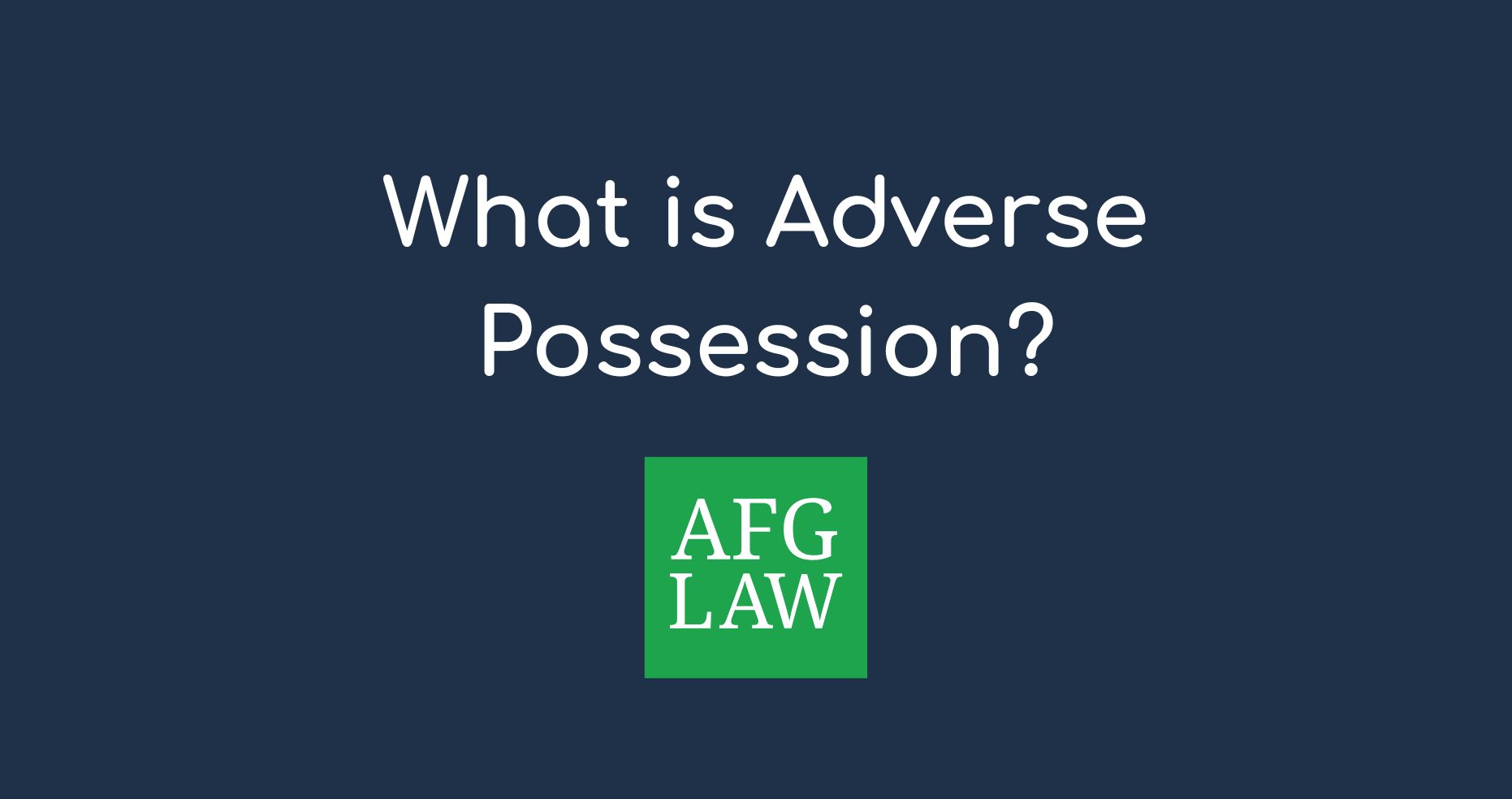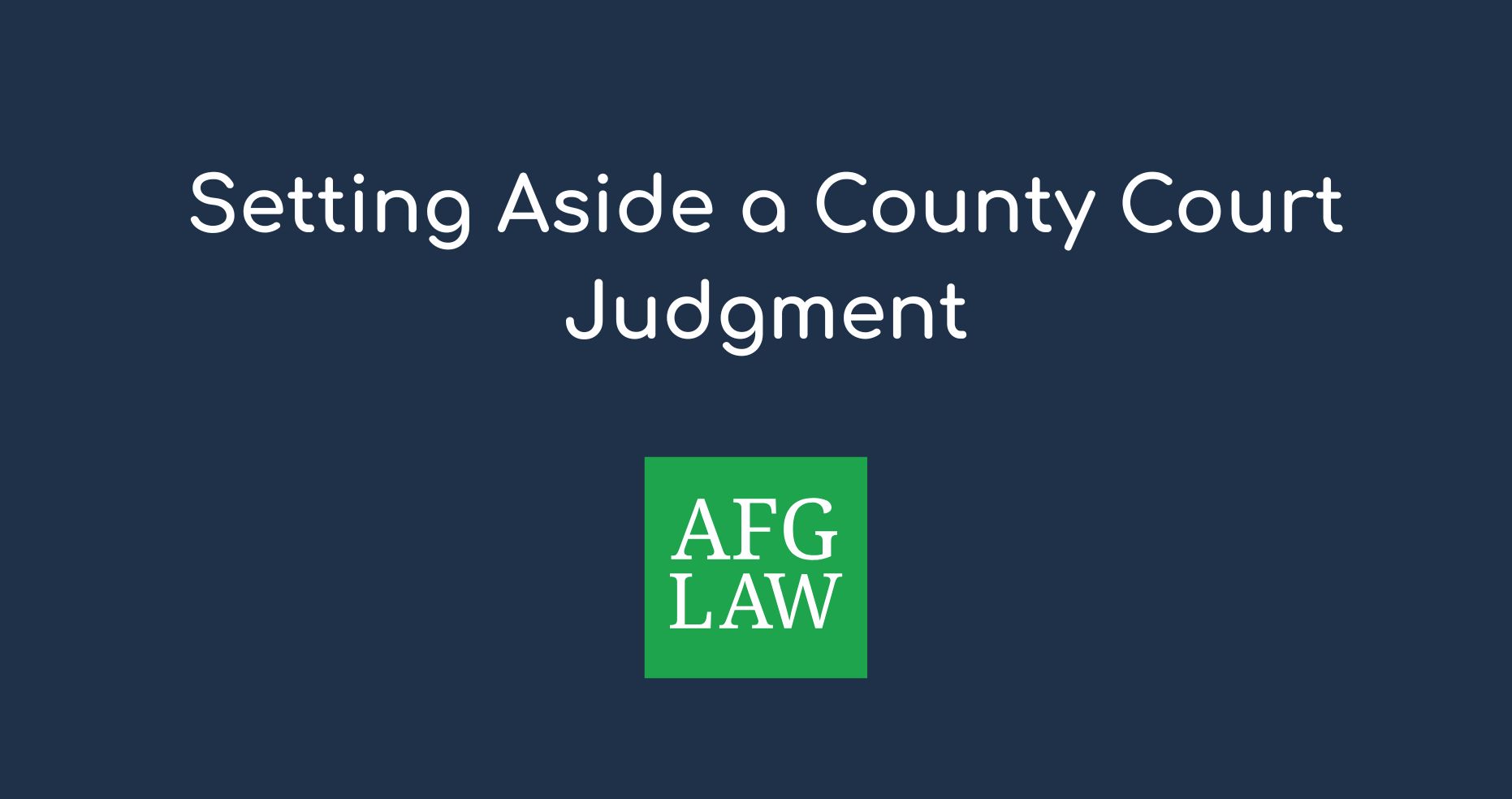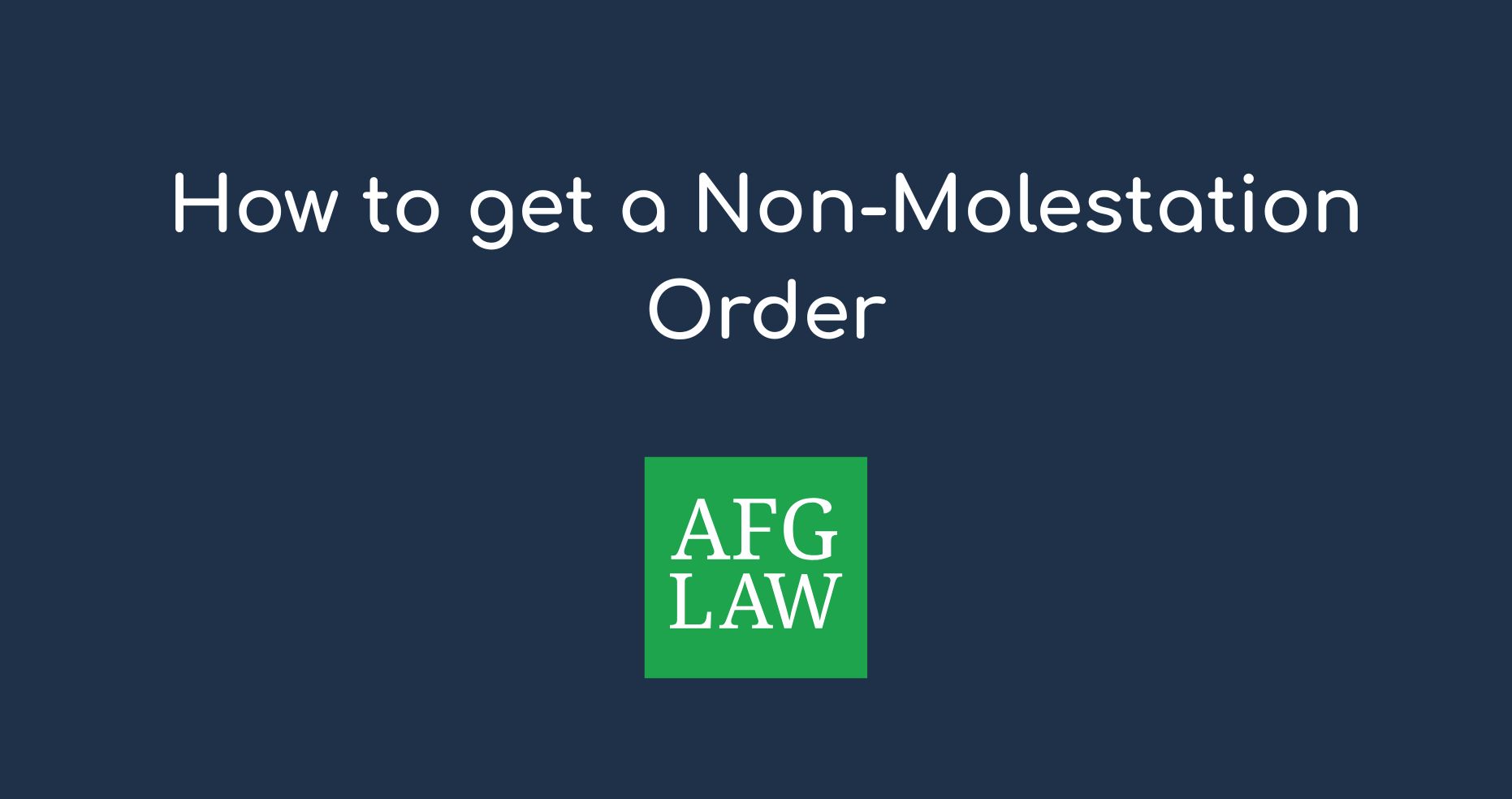Are you selling a property subject to overage or a claw back?
The most common example of an overage covenant is for owner of a property to be subject to an obligation to pay a sum of money to the original seller when planning permission is granted. The amount of the payment is usually a percentage of the difference in value of the property with planning permission. There are, however, no fixed overage terms and so the terms are whatever is negotiated between the parties.
The imposition of overage on land being sold is becoming increasingly popular. The key point is the drafting of the overage covenants. It is important that they are documented correctly. We can help you with this. Our experienced solicitors have been involved with both the drafting and negotiation of overage covenants for over 20 years. Please call us on 01204 377600 or drop us an email on commercialpropertyenquiries@afglaw.co.uk so that we can discuss your needs with you further.
Sellers are choosing to impose overage covenants so as not to loose out on profit on land. If, for instance, a seller believes their land is a good site for development and would be worth far more should planning permission be granted then they may decide to sell the land subject to the covenant that if planning permission is granted in the future the then owner of the land must pay them a fixed amount of the increase in value.
When considering imposing overage or indeed buying land subject to an overage covenant it is important to consider the following:
How long with the overage be imposed for? It is common for overage to be imposed for 20 years or more.
What land does it affect? Is it all the land to be sold or a parcel of it?
What is the trigger for payment? This is usually the grant of planning permission or the construction of buildings but could also be the sale of buildings on the land. A seller is likely to want the payment as quickly as possible but a buyer will likely want to make the payment once they have been paid (for example on the sale of buildings)
What payment needs to be made and when? The amount of the payment is usually a percentage of the increase in value of the land although it can also be a fixed amount.
If a payment has already been paid does that reduce the amount of any future payment that becomes due?
When will the covenant be released? Once a payment has been made is the covenant released or does the covenant continue to affect the land for the set period of time regardless of any payments made.
How does the overage affect the land? If the value of the land is significantly affected by the overage covenant a mortgage lender may choose not to lend on the land.
Who will the overage payment be paid to?
As experienced solicitors in drafting and negotiating overage agreements and overage covenants AFG LAW can assist you with all matters relating to such agreements and covenants. Please call us on 01204 377600 or drop us an email on commercialpropertyenquiries@afglaw.co.uk so that we can discuss your needs with you further.









